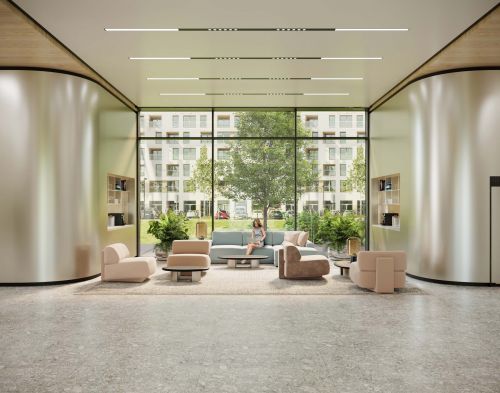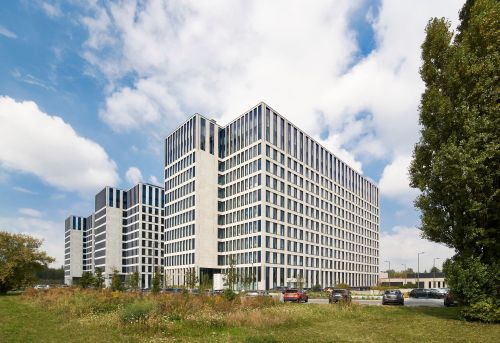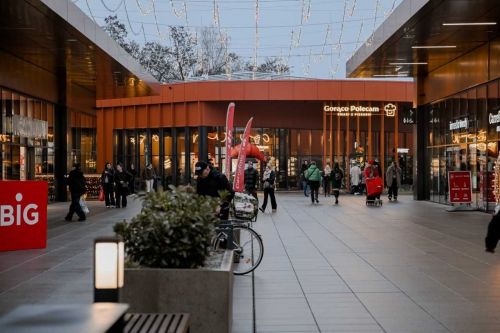“Canteens found themselves in a particularly difficult situation since their business models are based on selling meals in their particular office buildings to the people that work there,” points out Katarzyna Hauser, a senior leasing manager at Knight Frank Poland. Canteens rarely had any other business line (and many still don't), such as take-outs and deliveries. “In practice, this meant that from one day to the next their earnings dried up,” she adds. She also stresses that the situation was made worse by the lack of help from the government, which did not include office canteens in its Anti-Crisis Shield programme. As a result, these types of tenants were forced to negotiate alone with their landlords for their rents to be reduced or suspended. In other words, their circumstances were much more difficult than for restaurants in shopping centres. From what Knight Frank has heard from landlords and canteen tenants, it appears that in many cases both sides man































































